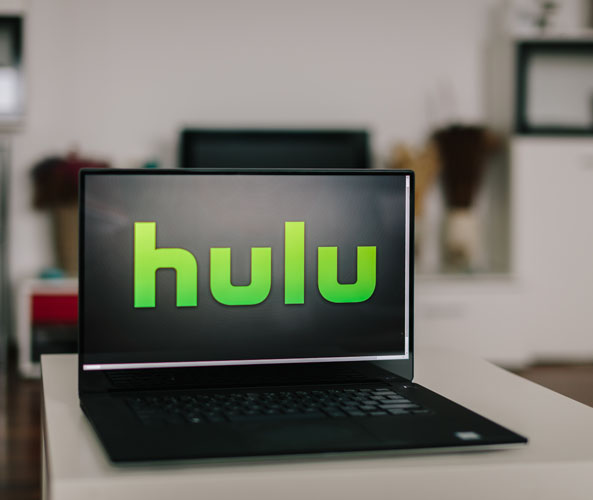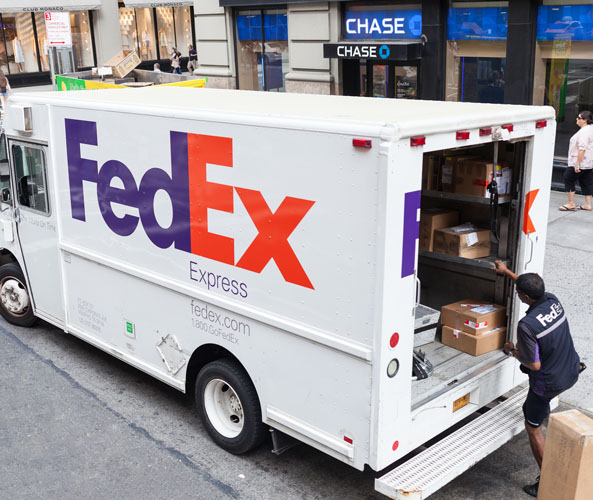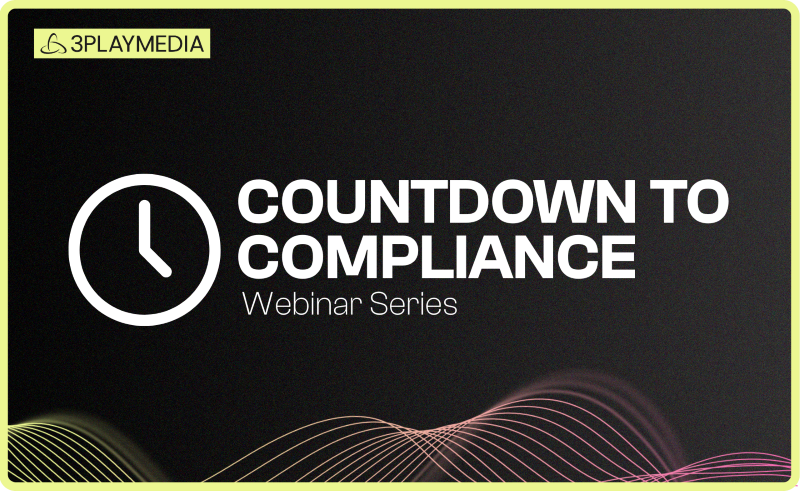Accessibility Laws
This page covers US federal accessibility laws, US state accessibility laws, and international accessibility laws.

US State Accessibility Laws
Many states have adopted Section 508 federal regulations into their own laws (“little 508s”), requiring state government entities to comply with federal accessibility standards. Some states created their own accessibility laws based on Section 508 or other standards.
International Accessibility Laws

National Association of the Deaf (NAD) v. Hulu
The NAD pressured Hulu to adopt a formal closed captioning policy for their streaming web video, including Hulu originals.
The plaintiff’s legal team was let by the same attorney that successfully settled the Netflix case on the same issue.
In September, 2016, Hulu reached a settlement with the NAD. They agreed to adhere to the FCC’s standards for caption quality, and to closed caption all full-length English or Spanish video content by September, 2017.
National Association of the Deaf (NAD) v. Amazon
In October, 2015, Amazon struck a deal with the National Association of the Deaf (NAD) to ensure that Amazon’s library of over 190,000 TV shows and films will get closed captioning.
Amazon Prime Video was already fully captioned, but this agreement tackles Amazon’s archive of Instant Video that wasn’t yet captioned.
New additions to the Amazon Prime video offerings will also have closed captions.
The closed captions on Amazon video must comply with FCC caption quality standards for accuracy, placement, timing, and completeness.


National Association of the Deaf (NAD) v. Massachusetts Institute of Technology (MIT) and Harvard University
In February 2015, the National Association of the Deaf (NAD) filed suit against both Massachusetts Institute of Technology (MIT) and Harvard University, citing violations of the ADA and the Rehabilitation Act for the universities’ failure to provide accurate and comprehensive captioning for online course materials.
Both universities filed a motion to dismiss the case. After the DOJ weighed in on the side of the NAD, the appeals court denied Harvard and MIT’s motions to dismiss, saying that there is adequate precedent in ADA case law for the suit to proceed. As of February 2020, after years of litigation, both the NAD v. Harvard and NAD v. MIT lawsuits have officially been settled by the court of law.
U.S. Equal Employment Opportunity Commission (EEOC) v. FedEx Ground Package System, INC. (FedEx Ground)
In 2014, the EEOC sued FedEx for ADA violations because they failed to provide accommodations for deaf or hard-of-hearing employees or job applicants, such as providing American Sign Language (ASL) interpretation and closed-captioned training videos during the mandatory initial tour of the facilities and new-hire orientation. In July, 2015, the NAD joined the plaintiff in the litigation.
In January, 2016, the court denied FedEx’s motions to dismiss the case, and it is still pending.


Earll v. Ebay
Melissa Earll brought a disability discrimination lawsuit against eBay after she was barred from selling her goods on the site. eBay’s verification system for sellers requires the retrieval and submission of a password from a telephone call. Earll was unable to retrieve the spoken password because she was deaf.
In 2013, the court dismissed her case. Earll appealled, and the Ninth Circuit Court of Appeals found in favor of eBay in 2015. It argued that the ADA’s Title III does not apply to online-only businesses, and so eBay would not be categorized as a place of public accommodation.
DRA v. University of California, Berkeley
Between 2011 and 2013, three undergraduate students from the University of California (UC) Berkeley, took legal action over their school’s inaccessible textbooks and unrealistic accommodation timelines. Instead of going to court, the legal team representing the students took the collaborative approach and successfully engaged in structured negotiations with the university.
The case was ultimately settled. After UC Berkeley was found to be in violation of ADA’s Title III, the administration made substantial changes to their library and print-to-digital conversion process.























